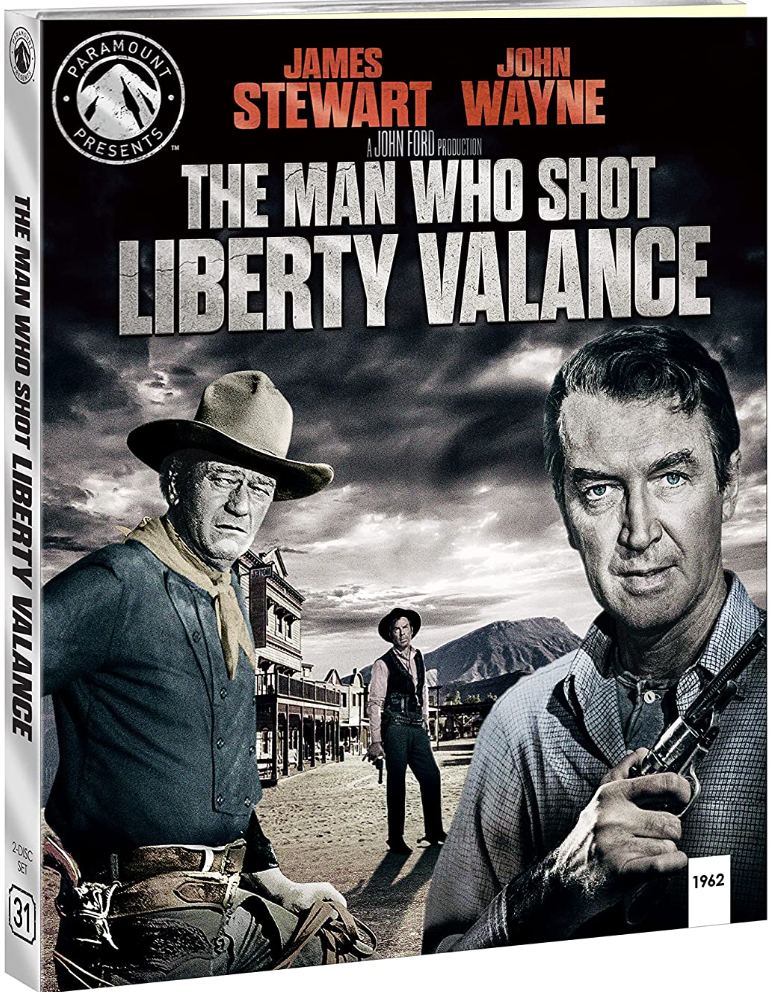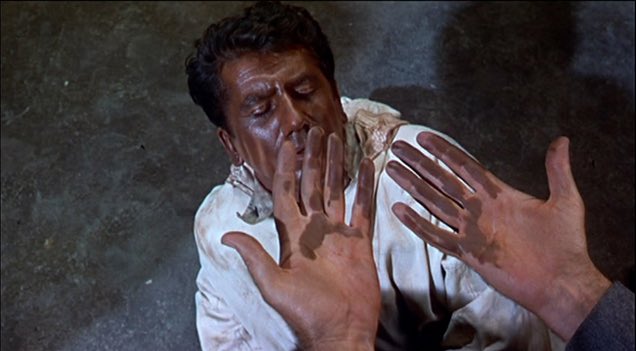From Sasha Stone‘s “Frank Langella and the Climate of Fear,” posted today [5.6.22] on Awards Daily:
“If there is more to the story, let it be told. If it was more than an actress upset that Langella broke rules that the ‘intimacy coordinator’ laid out, then fine — let’s hear it. But if this was IT**? If this really was the whole thing? The actress [who went nuclear] on the set of The Fall of the House of Usher really should not be an actress. She is in the wrong business. Acting requires you to access authentic humalk behavior. If a man and a woman are doing a love scene and he has to be told where to put his hands, it is not going to look authentic. It’s going to look artificial and stupid.
“If we’re talking about Last Tango in Paris or Don’t Look Now when going for authenticity really did blur the lines, that’s one thing. Here, they were both fully clothed. If THAT is too much for this actress, if she is THAT fragile…? She should do something else, or play a different part. She should look at the script and say ‘a love scene with a grown male?…oh, I’m not strong enough to do that because I’m easily triggered by hands on my body.’ That is called protecting yourself.
“But having to pull back on authenticity because the actress can’t handle it? Netflix should film a series about THIS story. I can promise you it would be a lot more interesting than one frozen in fear with intimacy coordinators scurrying about.
“At some point, we have to stop treating grown women like children, or like they’re made of glass. Actors this nervous should not be actors. I would not even want ‘intimacy coordinators’ on set. I don’t like ‘sensitivity readers.’
“The problem is that young adults [Millennials, Zoomers] seem to have been raised to believe that the world must be safe for them. But guess what, folks? That isn’t how it works. Take a look at Ukraine. Do you think any of those young people have a world made safe for them? The world is not a safe place. It is a dangerous place. Micromanaging art to accommodate overly sensitive feelings renders art useless.
“Someday there will be great books and great movies written about this moment. No one is ever going to believe that we once lived through a time when a famous and talented actor was fired because he touched a woman on the leg during a love scene where both were fully clothed.
“The truth is, Langella wasn’t fired for that reason. It was because he didn’t apologize, or, in effect, confess as a witch and live. To have apologized, he would have sold himself out, and admitted he’d done something ‘wrong.’
“Every young person should be told that the world is never going to be made safe for them. They have to become strong to survive it. Strong inside, strong outside. The last thing we need is writers, directors, comedians, and yes, actors to play it safe. We need art to express authentic human experiences — good, bad, and ugly so that they can be wrested from our own hearts. We need this to prevent madness. Frank Langella knew that. Edgar Allen Poe certainly knew that.”
** off-color jokes, a single instance of leg touching, cavalier boomer vibes.
Read more



